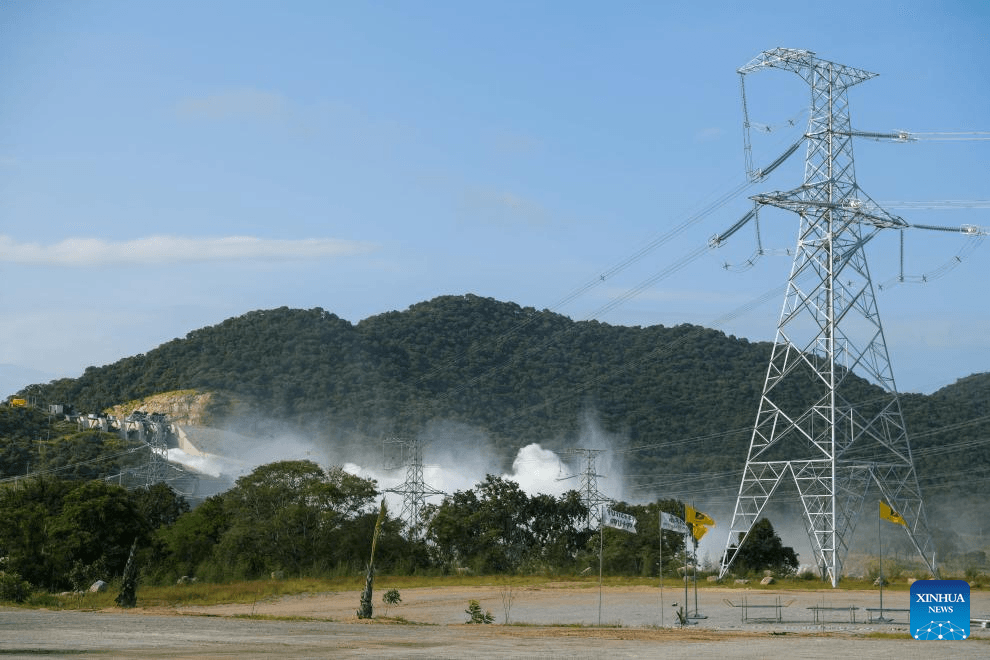Chief Justice Martha Koome has summoned top judges to a meeting to brief them on the talks she held with President William Ruto even as she maintains the discussion will not in any way affect the independence of the Judiciary.
Koome's three-day meeting with heads of court stations that started Monday in Naivasha, is aimed at finding ways of expediting public interest cases.
President Ruto began the year with a fiery criticism of the Judiciary, saying some corrupt judges were working in cahoots with cartels to derail government projects by issuing injunctions and prohibitory orders.
Ruto claims culminated in a meeting of the three arms of the government where Koome led the Judiciary while National Assembly Speaker Moses Wetang'ula led the Legislature. President Ruto led his Executive arm in the meeting that he also chaired at State House, Nairobi on January 22.
In Naivasha, Koome told the judges the State House meeting was meant to resolve challenges in the administration of justice and that it does not undermine judicial independence.
She however urged the courts to introspect over the manner they have handled cases that affect public interest and policy.
In his criticism, Ruto had accused the courts of issuing orders to derail his government's agenda, including delayed hearings.
"Concerns mainly relate to the timelines for hearing and resolving cases involving time-sensitive government programmes especially when ex-parte orders are issued and the hearing dates set many months later," Koome said.
The Chief Justice said the Judiciary can engage in any constructive conversations that enable courts to function optimally but was quick to warn that the Judiciary will not entertain any talks on how cases should be decided.
"That must always remain a no-go zone," she said.
The meeting at Naivasha's Great Rift Valley Lodge is also meant to discuss judicial independence, performance and accountability.
Koome said it was critical to ask whether the courts handle public interest cases in a way that respects judges’ decisional autonomy.
“It is important that we reflect on our rules of procedure, especially the Constitution of Kenya (Protection of Rights and Fundamental Freedoms) Practice and Procedure Rules, 2013 and the Judicial Review Procedure Rules, and whether they facilitate speedy handling of time-sensitive public interest cases,” she said.
Koome has previously asked those with complaints of corruption against judges to file them to the Judicial Service Commission which she maintained is mandated to deal with such allegations.
She said the JSC remains committed to strengthening investigative and complaints resolution processes and asked the judicial officers to report any cases of corruption.
"Where you notice any concerns about possible corruption, you are obliged to bring them to the attention of my office or the JSC," Koome said.












